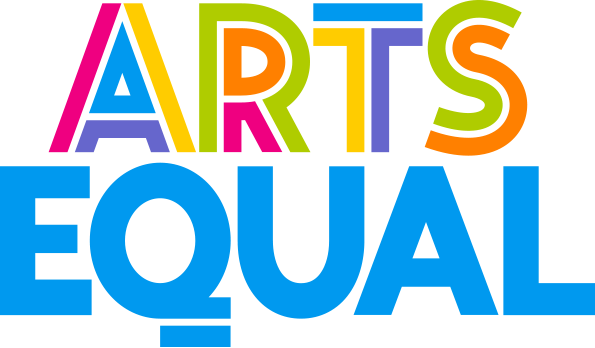ArtsEqual researcher's profile - Alexis Kallio - ArtsEqual researcher's profile - Alexis Kallio - Artsequal
null ArtsEqual researcher's profile - Alexis Kallio
Dr. Alexis Anja Kallio from Sibelius Academy, University of the arts Helsinki, is an interdisciplinary researcher and educator. Her work focuses on the narratives that construct, reinforce or unsettle social stratifications that result in inequity and injustice. With a background in cultural criminology and arts education, she researches musical and pedagogical meaning-making as manifest through dynamic, political processes of legitimation and exclusion. Alexis has collaborated actively with researchers in arts education and related disciplines, as well as practitioners through various research projects and publications. In addition to academic journals and books, her work has been shared through media outlets such as Helsingin Sanomat, YLE Sápmi, YLE, and a number of trade journals and blogs.
Contact: alexis.kallio@uniarts.fi, tel. + 358 407104228
What is your ArtsEqual research about?
My research focuses on the experiences of Sámi communities in accessing or participating in extracurricular arts education (taiteen perusopetus).
What are the (current) problems which your research will solve?
Arts education institutions are few and far between in the Sámi homelands, with many communities in Lapland (of any cultural background) traveling long distances to attend a small institutional branch. But this is not simply a matter of access. Even in cities the government-funded support for the teaching and learning of Sámi arts, through Sámi pedagogies and in Sámi languages is positioned outside of the mainstream TPO system. This raises important questions about whose culture counts, where, and why. I don't think that these are problems that are easily solved, so perhaps solving is the wrong word.
What I do aim to do is threefold:
(1) Work closely with Sámi artists and educators to understand their experiences, positive and negative, with arts education in Finland
(2) Identify existing processes or mechanisms of exclusion that result in inequality and injustice
(3) Collaboratively envision new possibilities for a more democratic, equitable arts education in the future.
How does your research relate to the main purpose of ArtsEqual?
Diversity is an asset. It brings a richness and vitality to every facet of life, and the arts and education exemplify this perfectly I think. As such, diversity is not one of the social challenges of the 2020s, it is one of the solutions. With this in mind, it is not enough to simply look for places that can accommodate cultural difference in the existing systems. Rather it means working with different social and cultural groups openly, respectfully, and sensitively to identify what works well in the existing system, and what doesn't, for who, and why. Through drawing upon diversity as a core strength, I believe that we strengthen our institutions and arts education systems - which leads to stronger performers, stronger teachers, and a stronger society.
Who will benefit from your research and how?
I hope that some benefits are already being seen. For instance, the Academy of Sámi Music - an institution I have been working with closely, has established a collaboration with the Sibelius Academy as a result of this research. This means that students of both institutions will benefit, as they will be given new opportunities to learn new musics, new pedagogies, and new ways of understanding the world. I think the intercultural skills and attitudes that can be cultivated through such a collaboration are invaluable - especially when we think that what it means to teach and learn the arts now is already very different than when I was a student - or even a classroom teacher. The CitySámit organization in Helsinki is planning a cultural centre to open in 2018. I am hoping that they might benefit through the findings of this research as they plan their cultural education programme.
What is your vision or dream about Finland in the future from the perspective of arts, equality and well-being?
A recognition of the complexity involved in all three of these cornerstones of the ArtsEqual project. Art, equality and wellbeing are abstract concepts for really human, personal, social activities and relationships. In this way, questions like: What counts as art? What does equality look like? What is wellbeing? are worth asking and re-asking in considering what Finnish society is, and could be. There are a myriad of possibilities available for us to better society - from small actions to large-scale government reforms. But if we don't attend to this complexity by asking 'better for who?' we miss the point.
Do you have any advice for all of us as a society or as individuals from the perspective of your research or otherwise as an artist or human being?
To take the time to listen. I have really valued those conversations I have had, and artistic performances I have seen in this project that have taught me that listening is not only a way to learn something about other cultures or ideas, but a way to learn about myself. Through this, I have learnt to think again - to think differently - to think deeper and better. I am really thankful for this lesson, and it is one I will continue to remind myself about in this project, and others in the future.
Research group: Basic education for all
